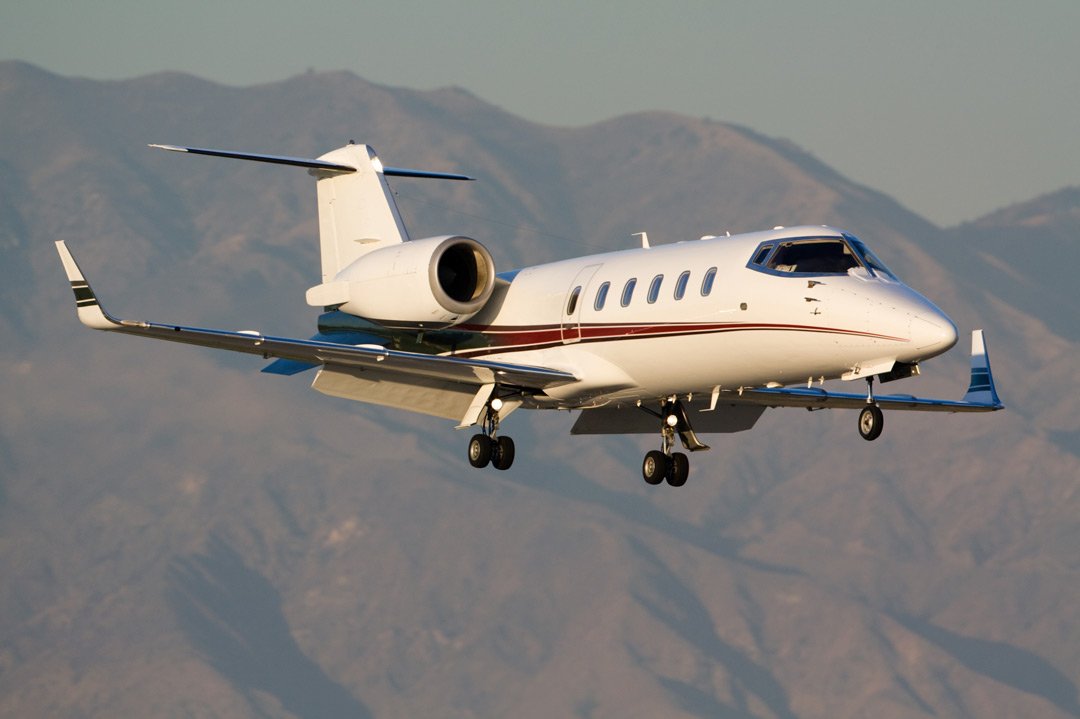Long-distance medical transport for British residents and citizens
Reading Time: 4 minutes
Table of contents
- Definition: Medical Repatriation and Long-distance Patient Transport
- What does long-distance patient transport mean?
- Why you may need a long-distance patient transfer to the UK?
- The quality of the healthcare system in the UK
- Long-distance medical repatriation: The Process
- Why choose Medical Repatriation UK for your long-distance patient transport?
- Got more questions?
- Contact us for a free quote
Obtaining adequate medical care while on the other side of the world, and far from your loved ones can be a huge challenge. Aside from a shaky healthcare system and virtually non-existent sanitary standards, some medical treatments can be prohibitively expensive in some parts of the globe. As a result, many British people prefer to return home to undertake or continue their treatment. Medical Repatriation UK makes its fleet of ground and air ambulances available for long-distance patient transport. Learn how our medical repatriation services enable this!
Definition: Medical Repatriation and Long-distance Patient Transport
Medical needs can arise at any time, and anywhere in the world. Nobody wants to think about it, but becoming sick or getting into an accident during a vacation abroad can quickly turn serious. As such, as much as we enjoy travelling to new places, we also look forward to returning back home. This is especially true when it comes to receiving often-free specialised and advanced medical treatments.
Good to know: Aeromedical aircraft can also be used the other way round, i.e., transporting a British citizen to a care facility abroad. This is referred to as medical evacuation or medical tourism.
Depending on the severity of the patient’s condition, but also the quality of the healthcare system, initial treatment can be carried out locally. Even so, this may leave the latter scrambling to figure out medical transportation options, whether by ground or air ambulance or, why not, a commercial flight, to return to their home country after primary treatment.
The reason speaks for itself. Proper medical care is not always guaranteed in more remote or less developed countries, and patients often want to return to their families and homes as soon as practicable. Medical discharge is required in this case in order to consider medical repatriation over long distances.
Good to know: The patient's safety is Medical Repatriation UK's top priority. As a result, an aeromedical aircraft can only transport the latter if our physician has determined that he is stable enough to travel, and a receiving healthcare facility has been identified within his catchment area.
What does medical repatriation mean?
Medical repatriation can occur in a variety of situations. It is the process of transferring patients from a foreign hospital to a care facility in their home country. As previously stated, this may be motivated by a lack of facilities in the host country, particularly if the patient's health condition necessitates specialised intervention.
Good to know: Medical Repatriation UK provides a comprehensive range of private air ambulance services for medical repatriation. A ground ambulance can also be arranged depending on the patient's medical condition and location. Both are outfitted with cutting-edge medical technology, allowing for the best possible medical care, within the shortest possible wait time. Our patients are also discharged safely and quickly.
Is medical repatriation on a commercial flight possible?
If the patient is stable, booking a commercial flight is often the best – and cheapest – option. By removing some seats, stretchers can even be accommodated in the aircraft. Our medical escorts are present with you at all times and respond promptly with the available emergency equipment on-board, should any complication arise.
What does long-distance patient transport mean?
While long-distance ground ambulance service is an available option only between two regions of the same country, the same can be arranged by an aeromedical aircraft between two neighbouring countries separated by the sea, as is the case for the UK.
The primary goal of using a long-distance patient transport is to ensure that the patient receives medical attention while traveling, and arrives safely at his destination. Each of our patients benefits from the constant supervision of a paramedic or specialised physician, regardless of the total distance to be travelled.

Why you may need a long-distance patient transfer to the UK?
Non-emergency medical transport (NEMT) is a popular mode of medical transportation. While it may entail the use of a long-distance ground ambulance, it more often than not involves aeromedical aircraft or commercial airline travel accompanied by an experienced medical escort.
Good to know: Long-distance patient transport is available to those who require basic life support (monitoring and care). Patients who have a tracheostomy or in need of a ventilator are ineligible for ground transport.
Patients suffering from the following conditions qualify for long-distance medical transportation:
- Stroke;
- Cancer;
- Dementia;
- Mobility Issues;
- Alzheimer's Disease;
- Post-operative patients;
- Stabilised bone fractures;
- Those who are wheelchair-bound;
- Chronic lung and heart conditions or other chronic illnesses;
- Senior travellers taking a vacation or moving to a new area.
These are only a few examples. Medical Repatriation UK’s aircraft can transport even patients needing intensive care.
The quality of the healthcare system in the UK
Even after travelling the globe, most travellers agree that there is no place like home. If they experience one of the aforementioned medical conditions, it is reassuring to know that long-distance medical transportation can help get them back to familiar surroundings, and on the road to recovery. And, while we are on the subject, how about the UK’s healthcare system?
The National Health Service (NHS), established in 1948, is the United Kingdom's national and tax-funded healthcare system. Universality, free high quality and equal access to care, geographical coverage, need-based selection, non-profit service, and progressive tax funding are its founding principles. Despite the challenges of the post-war era, the NHS is the pride of the British people, demonstrating the country's commitment to putting the health and well-being of its citizens ahead of profits.
Overall, the NHS is a high-quality, efficient system that enables British citizens to live healthy lives through prevention and timely treatment. When deemed necessary, the public agency provides preventive services such as screenings, vaccinations, maternity care, mental health care, rehabilitation, palliative care, and dental and eye care. Anyone who requires medical equipment such as wheelchairs and hearing aids can get them from the NHS.
In addition, the NHS strives to provide the best services possible to patients with long-term neurological conditions, allowing them to live independently and have access to specialists closer to home. Moreover, seniors have greater access to services such as free eye exams, breast screening for women, annual flu vaccinations, and increased access to dental care. Patients with terminal illnesses have the option of receiving care at home or in a specialised facility that provides nursing care.
Regarding private care, consultations are not free, but allow for faster, more comprehensive care in luxurious, modern settings.

Long-distance medical repatriation: The Process
The specifics and process of long-distance patient transport vary from case to case. However, in general, it goes as follows:
Medical Repatriation UK's 24/7 helpline provides a rapid response service based on your medical information. Any potential long-distance medical repatriation cases are escalated to our international teams. If a commercial flight is preferred, or if special permits, such as visas, are required, we can expedite the process.
Good to know: Our teams act as your single point of contact, providing updates at each stage of the repatriation process, and are backed up by in-house multilingual expertise, ensuring that language is never a barrier.
The repatriation team will then decide on the best mode of transportation. Logistically, this entails determining the best available air ambulance and crew, as well as their ability to provide the necessary in-flight medical care given your condition.
Why choose Medical Repatriation UK for your long-distance patient transport?
Other advantages of Medical Repatriation UK, in addition to professional and genuinely compassionate personnel, exceptional medical flight services, and cutting-edge aircraft, include:
- Rapid communication: Our contact helpline is available 24 hours a day, seven days a week, and price quotes are frequently delivered within minutes of your call;
- 24/7 doctor-on-call: Liaison between our on-board medical team and a medical team on-ground is always available;
- Our medical teams: They are composed of paramedics and doctors who are available for last-minute international trips;
- Our ambulances: They are fully equipped and ready for long-distance patient transport;
- Exemplary aftercare: We guarantee a thorough handover to the receiving care facility and check-in by phone to see how you are doing.
Got more questions?
Please consult our FAQs section to discover more about our repatriation services.
Contact us for a free quote
Contact Medical Repatriation UK today to arrange a long-distance patient transport or for a free custom and no-obligation quote regarding our medical flight services for you or a loved one by:
- By telephone: +44 (0) 20 3608 0483;
- By email: info@medical-repatriation.uk;
- Via our contact form.